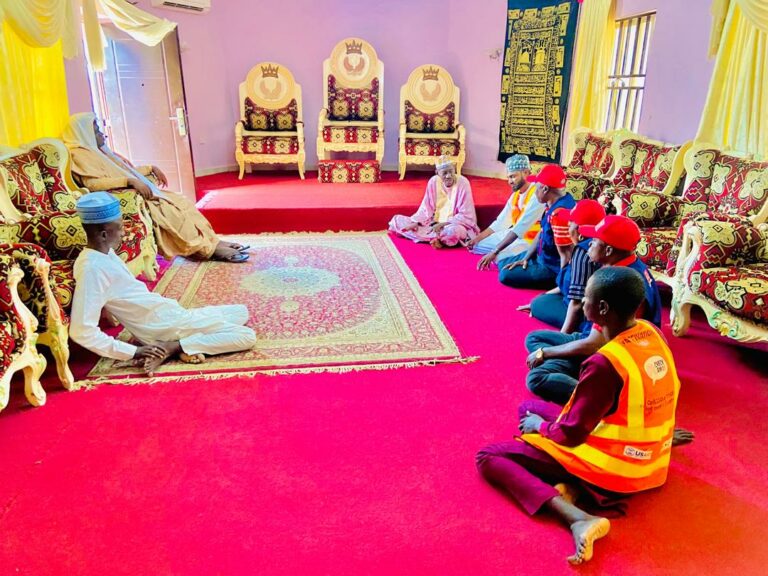
Over the last few months, RedAid Nigeria (RAN) has been on the move, executing a series of targeted trainings across Taraba, Delta, Edo, and Benue States. These training sessions are integral to the Global Fund GC7 Project, which focuses on expanding TB and HIV control through community engagement and empowering healthcare providers. As a sub-recipient of the Global Fund through the Institute of Human Virology Nigeria (IHVN), RAN is playing a crucial role in strengthening TB and HIV prevention and treatment in Nigeria’s underserved areas.
Between August and September 2024, our teams facilitated over 30 training sessions across four states. The goal was simple yet impactful: to build the capacity of community healthcare workers, patent medicine vendors (PMVs), mentor mothers, traditional birth attendants, and others, ensuring they are well-equipped to detect, refer, and manage TB and HIV cases in their communities.
- Taraba State (August 19–31, 2024): RedAid Nigeria conducted multiple trainings across Karim Lamido, Jalingo, Gembu, Bali, Takum, Sadauna, and Wukari LGAs. 907 participants were trained, including spokes, lead CBOs, sub-CBOs, mentor mothers, and healthcare workers. The sessions focused on TB case detection, digital reporting using the MATS App, and management of TB/HIV integration. Taraba’s diverse terrains posed some challenges, but the dedication of the participants and facilitators led to notable results, with a significant improvement in post-training assessments.
- Delta State (August 12–September 7, 2024): Training sessions were held in Ughelli-North, Uvwie, Effurun, Sapele, Ughelli, Isoko-North, Ika North-East and Oshimili South LGA. 385 participants were trained, primarily referral entities, CBOs, community TB workers, and mentor mothers. The focus was on using NTBLCP tools, contact tracing, and applying CommTB for TB screening and reporting. Delta’s role as a major contributor to TB case finding was emphasised, as participants from diverse healthcare backgrounds came together to tackle TB/HIV case detection.
- Edo State (September 9–14, 2024): In Auchi, Ekpoma, and Benin, RedAid Nigeria trained 89 health workers from private facilities and ad-hoc staff on collaborative TB/HIV management. The training focused on identifying presumptive TB cases, collecting samples, and ensuring the use of proper NTBLCP reporting formats. The participants improved their test scores significantly, indicating enhanced competency in managing TB/HIV integration.
- Benue State (August 26–September 5, 2024): Training sessions in Katsina-Ala, Gboko, Otukpo, Kwande, Okpokwu and Makurdi included 432 healthcare workers. In Gboko, for instance, participants, including medical directors and nurses, increased TB case detection skills and reporting accuracy using NTBLCP formats. The success of the training was evidenced by notable improvements in post-test scores.
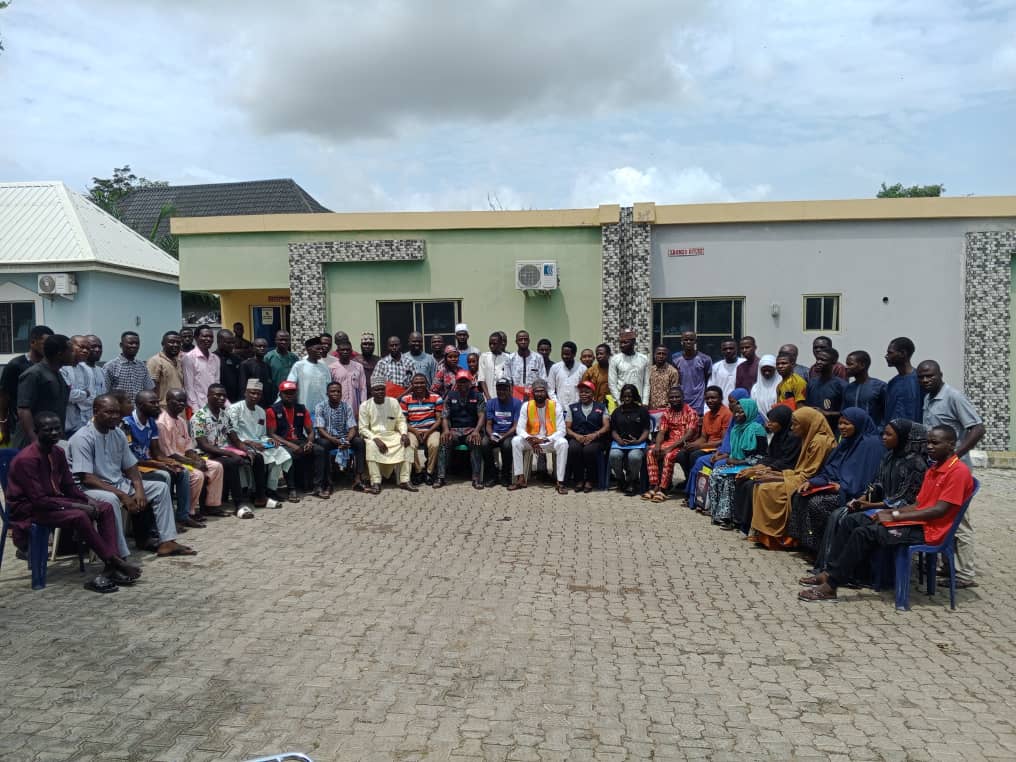
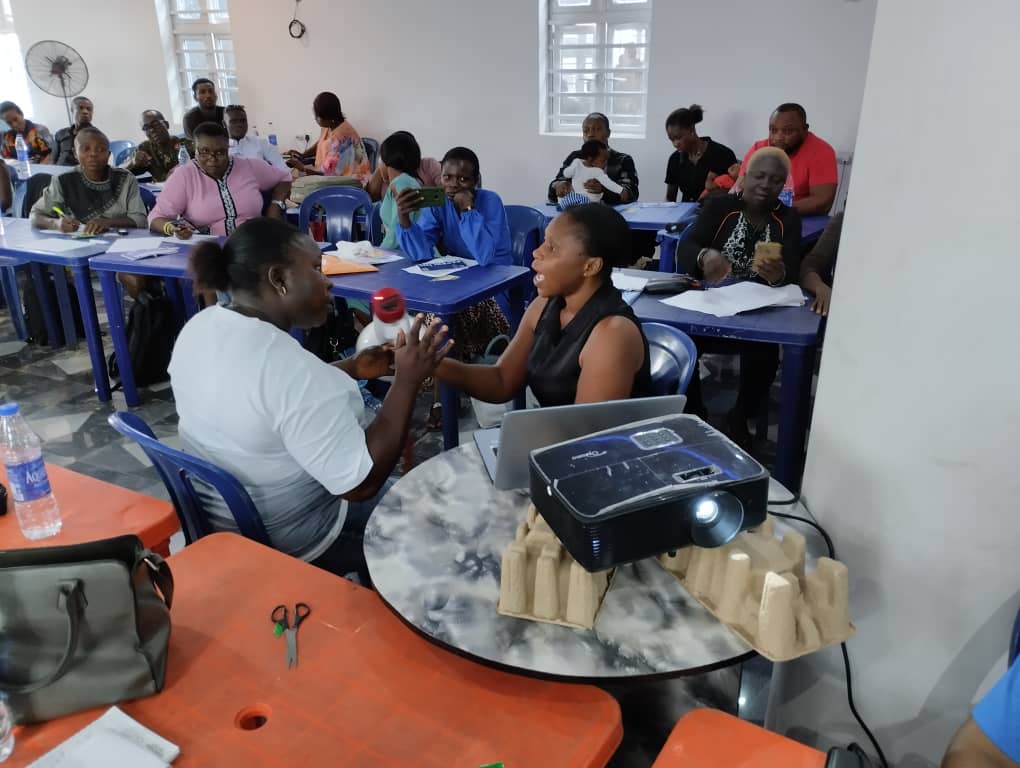
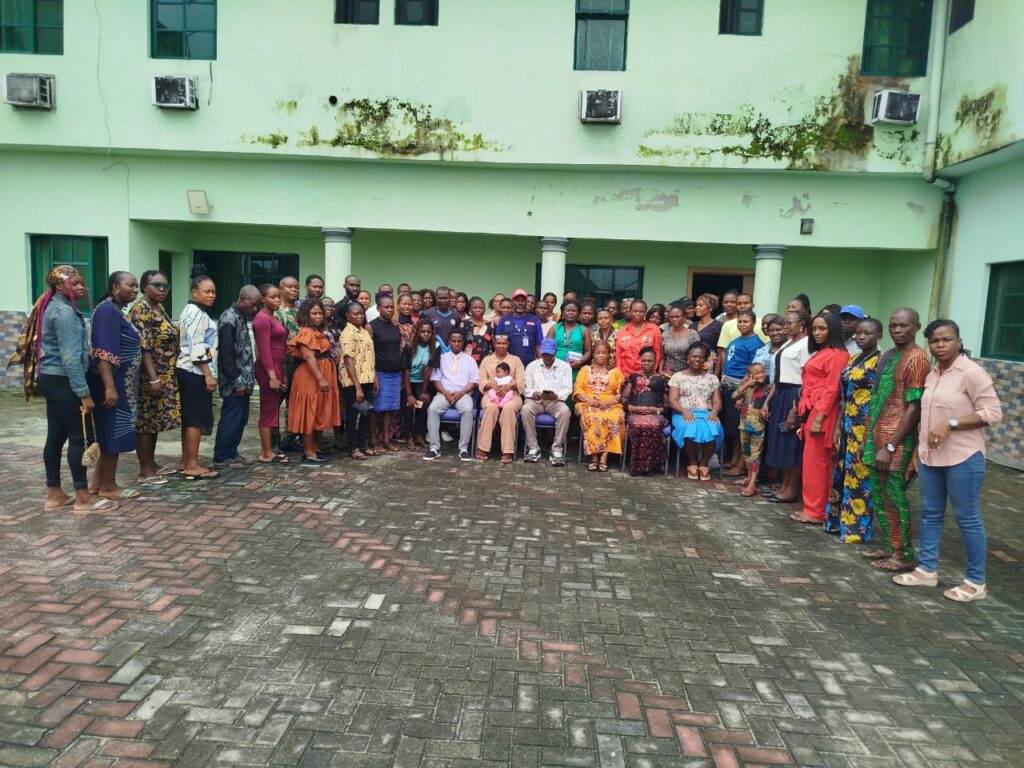
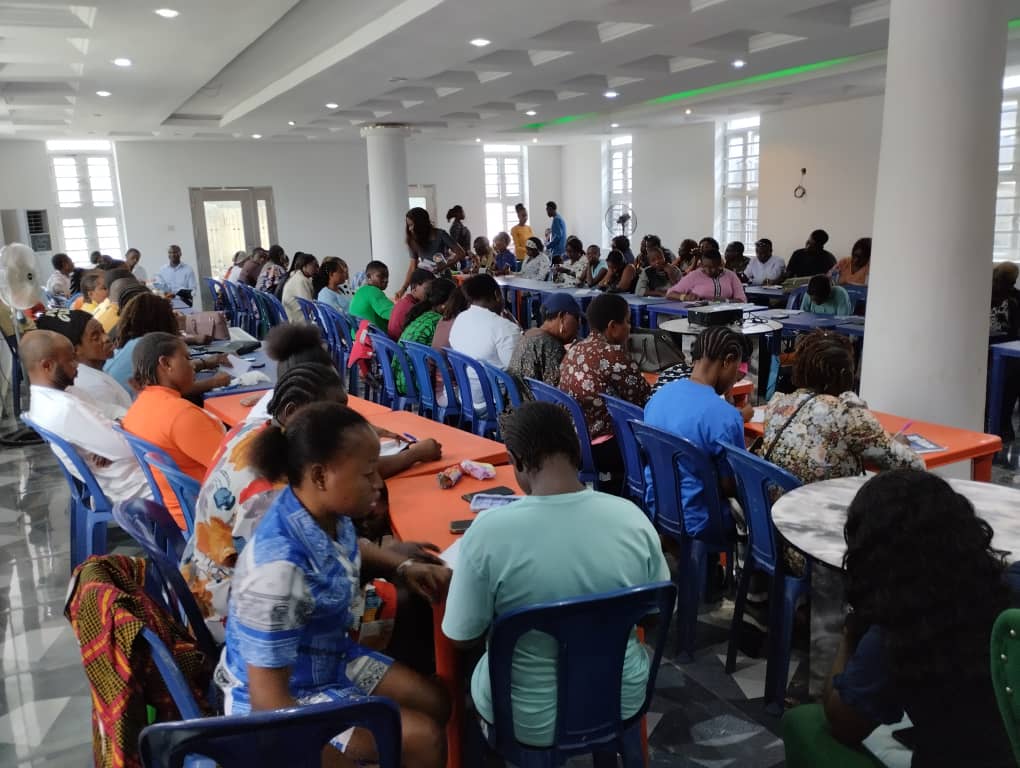
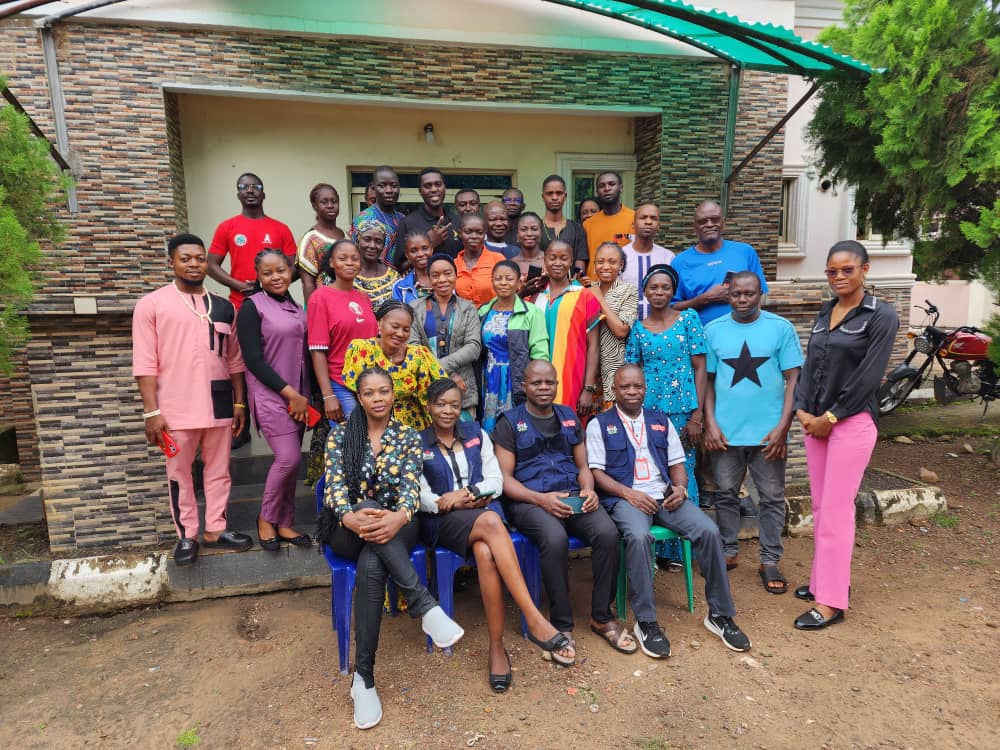
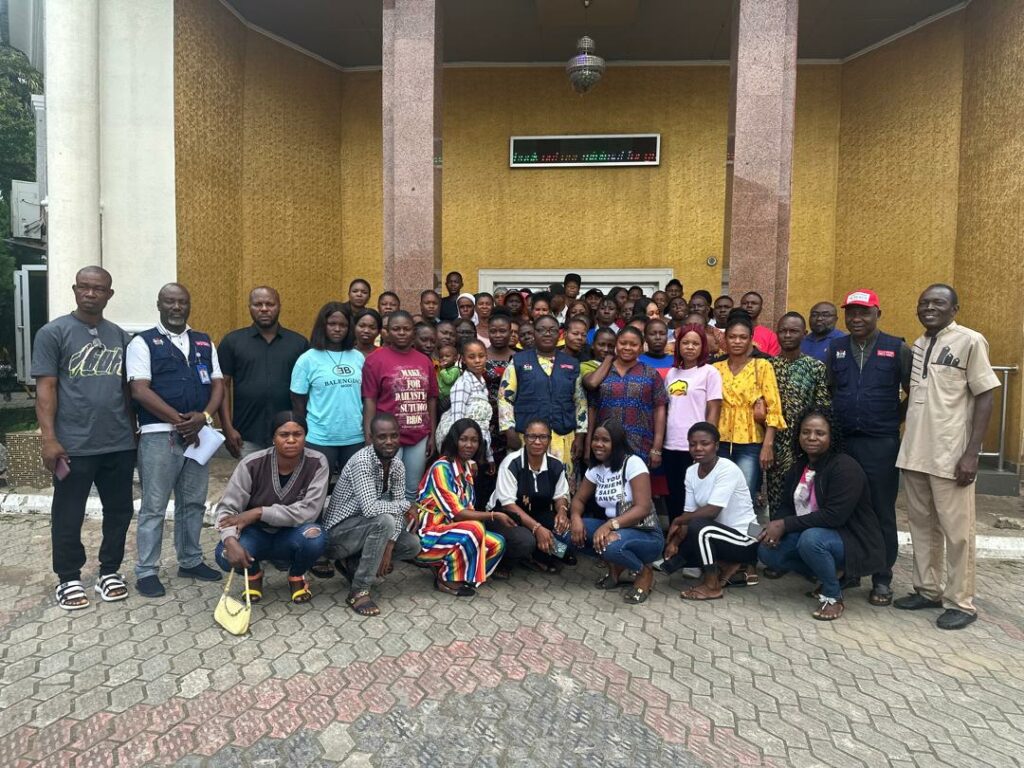
The training programs concentrated on several critical aspects of TB and HIV care:
- Case Detection & Referral: Participants were trained to identify presumptive TB cases, collect appropriate samples, and refer cases for proper treatment.
- Use of Digital Tools: The introduction of digital applications, such as MATS and CommTB, enabled participants to screen and report cases digitally. This has significantly streamlined the documentation process in remote areas.
- Contact Tracing & Treatment: Mentor mothers and community volunteers were trained on tracing contacts of TB patients and ensuring treatment adherence.
- Integrated TB/HIV Services: In alignment with the Global Fund GC7 Project, these training sessions emphasized TB/HIV collaborative care, ensuring that HIV screening and management are integrated into TB programs.
RedAid Nigeria continues to support these healthcare providers with ongoing mentorship and follow-up to ensure the tools and skills acquired are utilized for maximum community benefit. The program’s next steps include creating facility accounts for trained participants on the MATS app, distributing additional recording tools, and continuing community engagement.
These training sessions represent a pivotal step in RedAid Nigeria’s mission to empower communities and healthcare workers to combat TB and HIV. With improved knowledge, digital tools, and community support, these newly trained health professionals are equipped to make a tangible impact in Nigeria’s fight against TB and HIV, ensuring that even the most remote communities receive life-saving care.